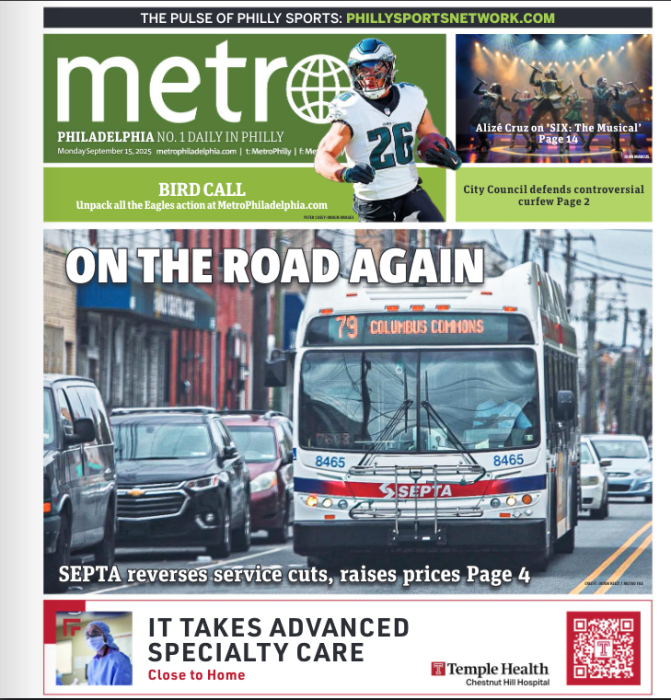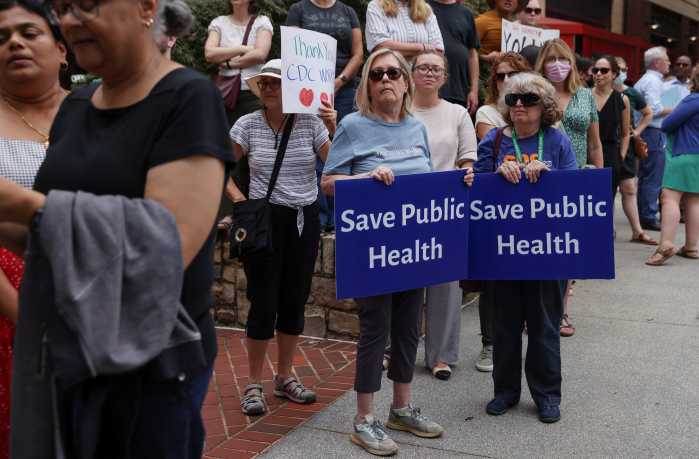By Dr. Laura Reich
There’s an old adage that adversity creates opportunity. If true, then we’ve certainly had our fair share – and then some – of opportunities in the past year. Given the impact of the global pandemic on everyday life, just about everyone has been experiencing adversity in one way or another, physically and mentally.
So how do we sustain and thrive through this challenging time and beyond?
It starts with something we have within ourselves and maybe don’t even realize it – resilience. Resilience is a skill we cultivate to see us through life’s challenges and emerge stronger in the end.
Our resilience – or the ability to quickly recover from challenges – is being tested right now in countless new ways. From the COVID-19 pandemic and other national crises to remote schooling and job uncertainty, many Philadelphia families are feeling the impact of multiple challenges and stressors.
A new Cigna study shows that Philadelphia children are less resilient than children nationally (36% vs. 40% nationally), while their parents’ resilience is comparable to that of parents in other parts of the country (43% vs. 42% nationally).
While COVID-19 is causing stress for all ages and demographics, the study found that more than half of Philadelphia children are concerned about the pandemic itself (56%) and having to be homeschooled because of it (50%). As for their parents’ job situation, 28% of Philadelphia children are stressed about their parents having to continue to work in-person with others.
For Philadelphia parents, 81% feel stressed due to COVID-19, and report feeling stressed by the current economic uncertainty (64%) and the U.S. economy reopening in some places (60%). Having to continue working in-person and with others is stressing 55% of parents.
Amidst all of the uncertainty, one thing is clear: Philadelphians are tough. They can take control and develop their inherent resilience by managing their physical and mental health, accessing practical tools, building stronger connections and surrounding themselves with a diverse community. Community engagement, exposure to diversity and social connection are all keys to building a more resilient future generation.
Here are some actionable tips and practical guidance on ways to build your own resilience, whether coping with stress and anxiety, feelings of isolation or struggling to meet everyday obligations during this challenging time:
- Pump it up: Resilience is a skill that exists within everyone, and it works like a muscle that can be developed and honed at any age.
- Reach out: Leaning on friends, family and community for support is critical. This type of connection and open dialogue – at home, at school and in the workplace – goes far to build resilience and can help people cope and grow through challenges.
- Stay strong and connected: Other factors – like surrounding yourself with a diverse community and taking good care of your physical and mental health – help build resilience.
We are making resources and tools available to the public so we can all bounce back stronger and ultimately be the healthiest we can be. To learn more about resilience and actionable steps to help build your own resilience and help others build theirs, visit CignaResilience.com.
Dr. Laura Reich is Cigna’s market medical executive, providing leadership and clinical guidance in Pennsylvania, Ohio, Delaware and West Virginia. Her role focuses on physician and hospital system collaboration, network development, client growth and retention and total medical cost reduction. Reich previously served as COO of Cigna-HealthSpring. She also worked as a hospitalist and clinic physician at Cigna’s Bravo Health Advanced Care Center and Albert Einstein Medical Center. Dr. Reich is a graduate of the Philadelphia College of Osteopathic Medicine, board certified in internal medicine, and certified in vascular medicine.






























